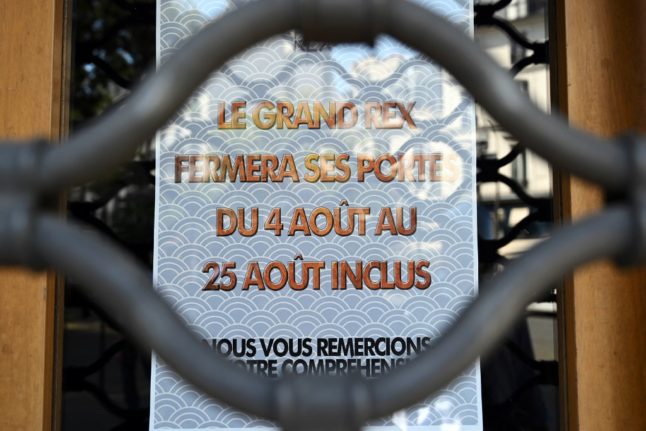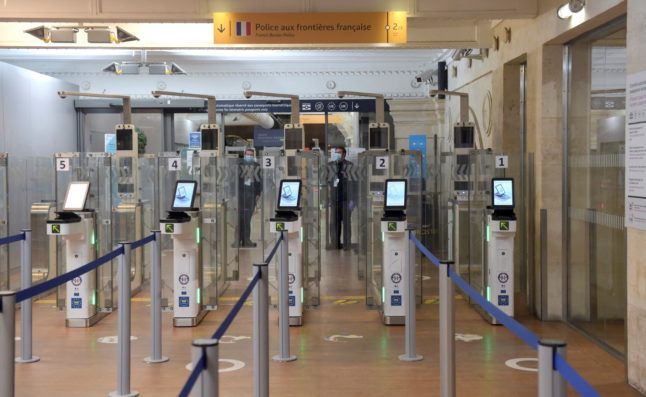If you are struggling to decide whether to stay in France’s capital city during the month of August, or to escape like many other Parisians, then you will want to weight the pros and cons. While the pace of life does slow down, many shops close and it can be hard to get a rendez-vous when you need one.
That being said, it can be a great time to get out of your comfort zone and explore other parts of the city. This list of benefits and drawbacks can help you make your choice.
5 reasons to spend August in Paris (and 5 to stay away)
Part of the 2024 Paris Olympic Games will take place in August next year, and the city is slated to be packed with tourists, athletes and fans.
Here is everything you can expect – in under five minutes – regarding the Games, from whether you are considering listing your apartment on Airbnb to the ways you can still enjoy the festivities, matches and competitions without having to purchase tickets.
Tickets, fan zones and Airbnb: Your 5-minute guide to the 2024 Paris Olympics
If you have ever driven in France, then you have likely passed by signposting for the country’s villages étapes. These are stopover towns that have been specifically recognised by France’s ministry of environment for meeting certain requirement, such as being a generally pleasant and attractive place to visit.
When planning your next French road trip, you might consider stopping off at one of these 76 special spots not too far from the motorway.
Driving in France: What are the French ‘villages étapes’?
If you, or someone you know, has recently moved to France, then France’s office of immigration and integration (OFII) has likely been a topic of conversation.
The OFII represents one of the important first steps foreigners must complete after arriving in France, as it is required for anyone arriving with a long-stay visa known as VLS-TS, or visa de long séjour valant titre de séjour (ie they intend to live here). From a mandatory medical appointment to ‘integration’ sessions, this is what you can expect when dealing with France’s immigration office.
OFII: Your questions answered on France’s immigration office
The European Union has said it will be introducing something similar to the United States’ ESTA visa waiver. The programme called ETIAS will require non-EU nationals without residency cards or visas to register and pay a small fee prior to entering the EU.
The scheme does not have an official start date yet, but if you have friends or family planning to visit from outside the EU (including the United States) you’ll want to keep an eye on The Local’s coverage of ETIAS.
Will American tourists need to pay for a visa to visit France?
Countries like Italy and Ireland have schemes in place that allow descendants to obtain citizenship with relative ease. But if you were curious about the possibility of doing so in France, the rules are a bit different.
There are several routes to obtaining French nationality. The best-known methods, other than being born in France to French parents, are by marriage to a French citizen, or to have lived in the country long enough to fulfil residency requirements. In France, citizenship by ancestry is less common. Here is what you can expect if you were thinking of using this route.



 Please whitelist us to continue reading.
Please whitelist us to continue reading.
Member comments